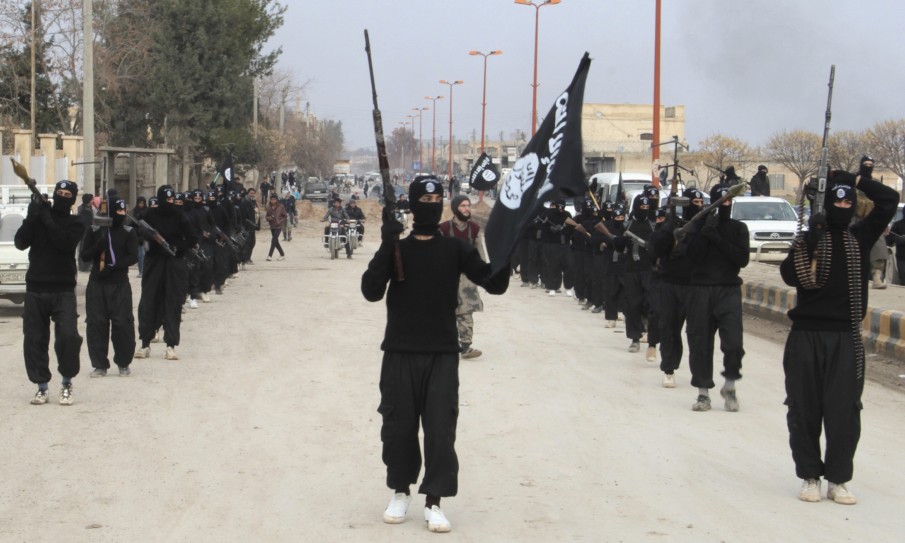In a statement released online, Al Qaeda’s senior leadership (sometimes simply referred to as AQSL) officially disowned the Islamic State of Iraq and as Sham, led by Abu Bakr al Baghdadi. In the statement (which does not name any of the AQ senior leadership, not even Zawahiri), it is said that the ISIS has repeatedly disobeyed orders from AQSL, and therefore is no longer affiliated with Al Qaeda, and will not receive any support.
The statement goes on to enumerate Al Qaeda’s principles, presumably that AQSL has decided ISIS has violated. They include most predominantly the attempted unification of the jihad and the mujahideen, which is most definitely pointed at ISIS, given the infighting that has gone on in recent months, especially between ISIS and Jabhaat al Nusra. The statement ends with an appeal for all mujahideen to put aside their differences, stop fighting amongst themselves, and unite in jihad against the infidels.
While this split can be traced directly to the dispute between ISIS and Jabhaat al Nusra last year, when Abu Bakr al Baghdadi attempted to unilaterally declare the two organizations as one, under his command, it is not the first time there have been command problems between AQSL and its affiliate in Iraq. In 2005, Ayman al Zawahiri sent a letter to Abu Musab al Zarqawi, the leader of what was then known as Al Qaeda in Iraq, chastising him for “indiscriminate attacks” on the Shi’a Muslims in Iraq. Effectively, AQSL saw the actions of AQI as divisive toward the greater jihad, much as the current statement does concerning its successor, ISIS.
Some have pointed out that this move may actually bolster ISIS’ standing as The jihadist group in the region. William McCants, a Brookings Institute scholar of militant Islam has said, “Nothing says ‘hard core’ like getting cast out of Al Qaeda.” While any response to the statement from ISIS has not yet come out, it doesn’t seem outside the realm of possibility that they would embrace this concept. ISIS has been extremely aggressive in seizing territory and resources, and have not hesitated to lash out at other rebel groups that don’t acknowledge their authority.
In point of fact, the loss of the support of AQSL probably doesn’t mean a whole lot to ISIS’ leadership. The group has been pretty self-sufficient so far, having seized control of oil fields and granaries, and imposing road tolls and taxes wherever they hold sway. It can be argued that in fact, ISIS has no real need of AQSL’s acknowledgement or support.
In the long run, this isn’t going to make a whole lot of difference one way or another. If anything, it emphasizes the ineffectiveness of the Al Qaeda “old guard” in the face of even more extremist affiliates and side organizations that share its ideology, but don’t acknowledge its authority. It appears that AQSL, under Zawahiri, is attempting to distance itself from ISIS to bolster its relationship with the rest of the Syrian rebels, but ISIS doesn’t care. Their affiliation with AQ was never all that necessary in the first place, and has never stopped them from doing whatever they wanted in Iraq anyway, regardless of what AQSL wanted.
Already have an account? Sign In
Two ways to continue to read this article.
Subscribe
$1.99
every 4 weeks
- Unlimited access to all articles
- Support independent journalism
- Ad-free reading experience
Subscribe Now
Recurring Monthly. Cancel Anytime.











COMMENTS